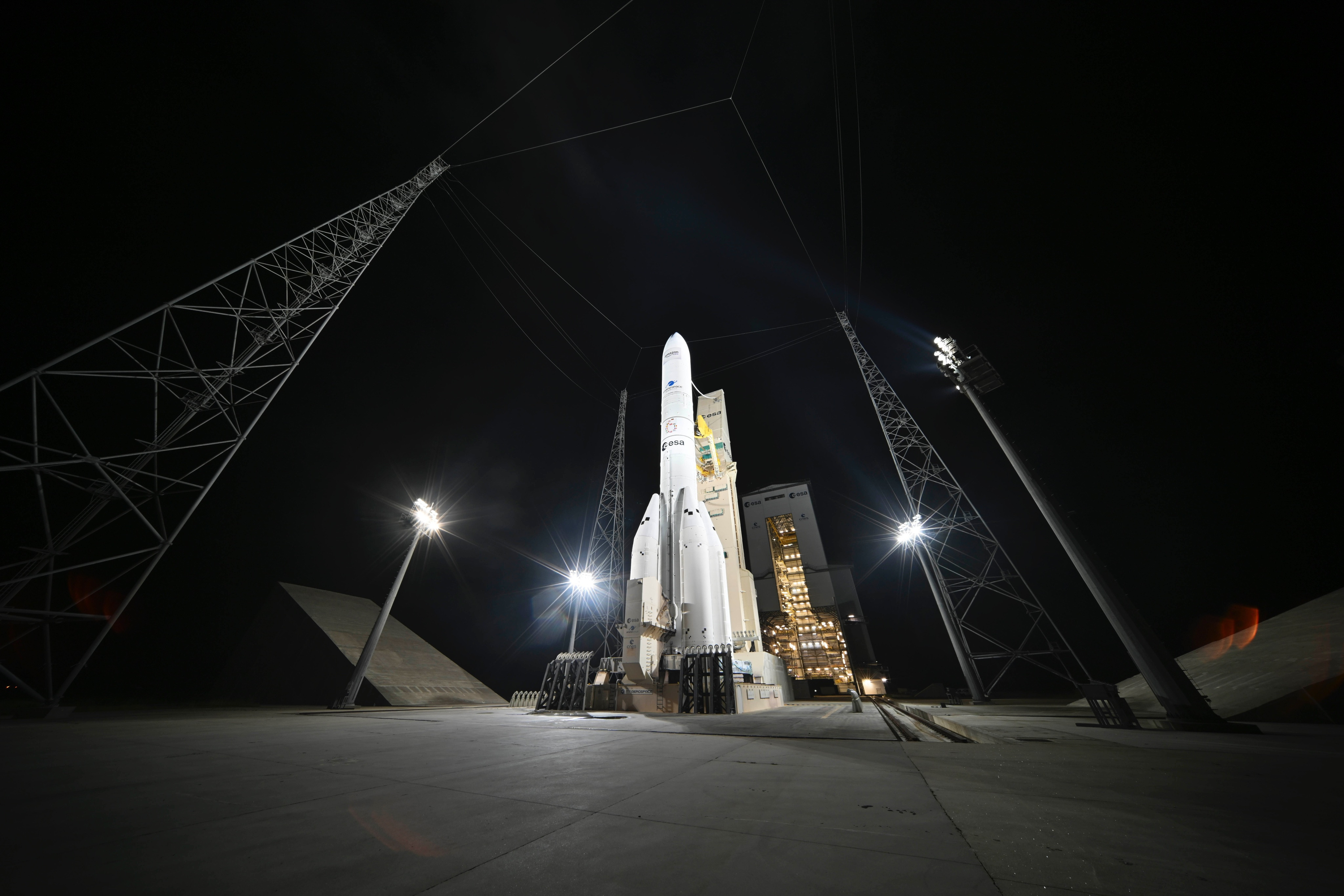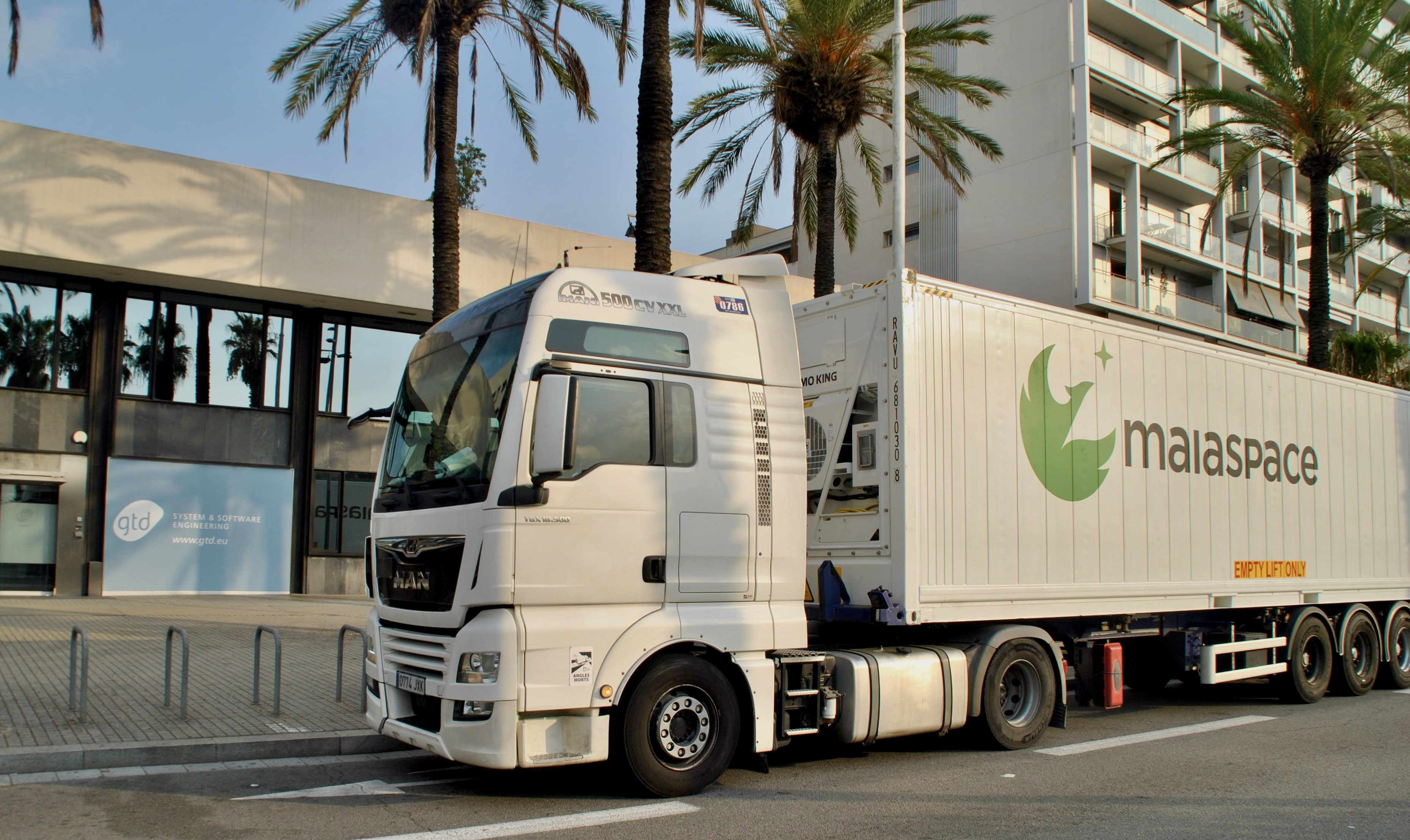Gas Natural Fenosa (GNF) is completing the installation of nine natural gas stations (vehicle gas filling stations) between Algeciras and Paris. This marks the culmination of a €7.7 million European project to refuel vehicles powered by this hydrocarbon, which also covers other aspects such as safety, the use of information technology, technical regulations, and training. In Spain, it relies on Repsol service stations. The EU aims to promote the deployment of alternative fuel infrastructure to reduce oil dependence and reduce environmental impact. In September 2014, it launched the BESTWay project—an acronym for Boosting Energy Sustainable fuels for freight Transport in European motorWays—to identify, implement, and validate new refueling solutions using Liquefied Natural Gas (LNG) and Compressed Natural Gas (CNG) along an Atlantic Corridor of gas stations, located at intervals of 250 to 400 kilometers to ensure vehicle fuel supply. GNF is responsible for the project, which has received a European grant of 3.8 million euros, and GTD, a Catalan technology firm, is also participating. GNF has negotiated with service station owners in France, while in Spain it has collaborated with Repsol, which has allowed it to install gas pumps at its gas stations. Javier de Pablo, BESTWay coordinator, comments that six gas stations are already ready, three of them in Spain: those in Burgos, Madrid A-4 (in Seseña), and Bailén; for the second pump planned in the capital, on the A-1, the debate is between San Sebastián de los Reyes or Valdemingómez. According to the project schedule, all the service stations will be ready by next June. Gas at 160 degrees below zero The EU's intention with the project is to analyze the state of the art to design solutions for technical regulation, standardization, logistics, public access... De Pablo emphasizes that almost everything they are working on is technological innovation, which includes the automatic identification of authorized users at pumps, payment systems, monitoring and control of the station, supervision of the interior of the tanks... And safety: "the gas is 160 degrees below zero and there may be risks." To prevent these risks, GNF is offering online training courses for certified drivers, and De Pablo is confident that its methods and solutions can be applied at other gas stations and, in the medium term, taught directly in driving schools. BESTWay will allow for the further development of natural gas vehicles, which is currently very limited. French stations record the refueling of 70 to 80 trucks daily—at the most recent one, around 20 refuelings—while Spanish stations record the refueling of around five per day. De Pablo explains that the difference is that "in France there are only four natural gas stations, while in Spain—the country with the most stations in the EU—we have around 30, and the refuelings are more evenly distributed." A fleet of 18,000 vehicles in 2020 The year 2017 closed with a fleet of 8,471 natural gas vehicles. According to estimates by the European Natural Gas Vehicle Association and Gasnam, its counterpart in Spain, there will be around eight million natural gas vehicles in the EU by 2020, of which approximately 18,000 (800 LNG and 17,200 CNG) are expected to be on the road. This growth rate, which more than doubles the market in just a couple of years, is consistent with recent trends in vehicle registrations: in 2017, they reached 2,300 units, 112 percent more than in 2016. This evolution is due to its environmental advantages compared to diesel or gasoline—it emits far fewer polluting gases—and its cost, which is at least a third cheaper. Currently, 60 percent of these vehicles are trucks, a segment with a long history, as the new models already have enough power to compete with diesel. Furthermore, as a result of the Movalt Plan subsidies—€20 million, which sold out in 24 hours, almost half of which went to gas-powered vehicles—nearly 500 trucks are already entering the market. But to further develop the fleet, the number of pumps must be increased, at a rate of €360,000 per installation. Currently, there are 57 gas stations in operation, and according to Gasnam's forecasts, 80 more will be opened. GNF is the most significant player in this expansion: it has just announced an investment of €18 million in 50 new service stations in Madrid, Barcelona, Bilbao, Valencia, Zaragoza, Seville, and more. Source: El Economista















